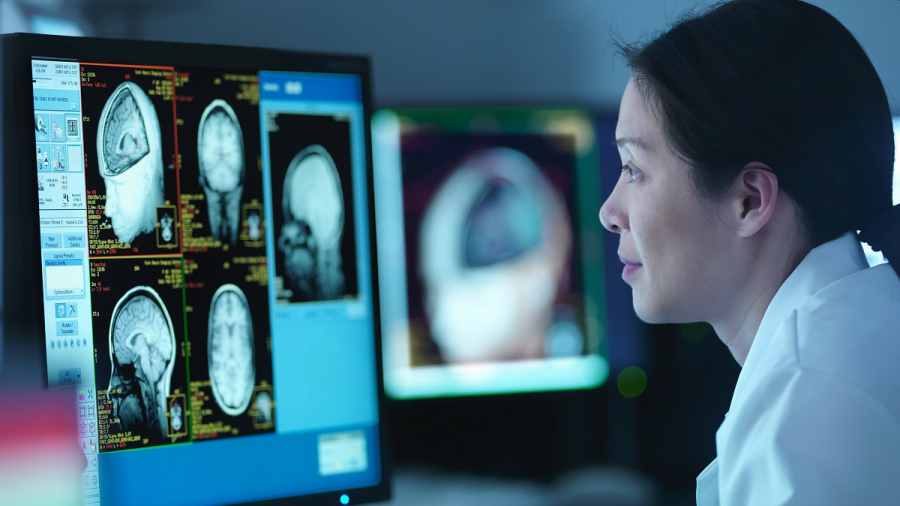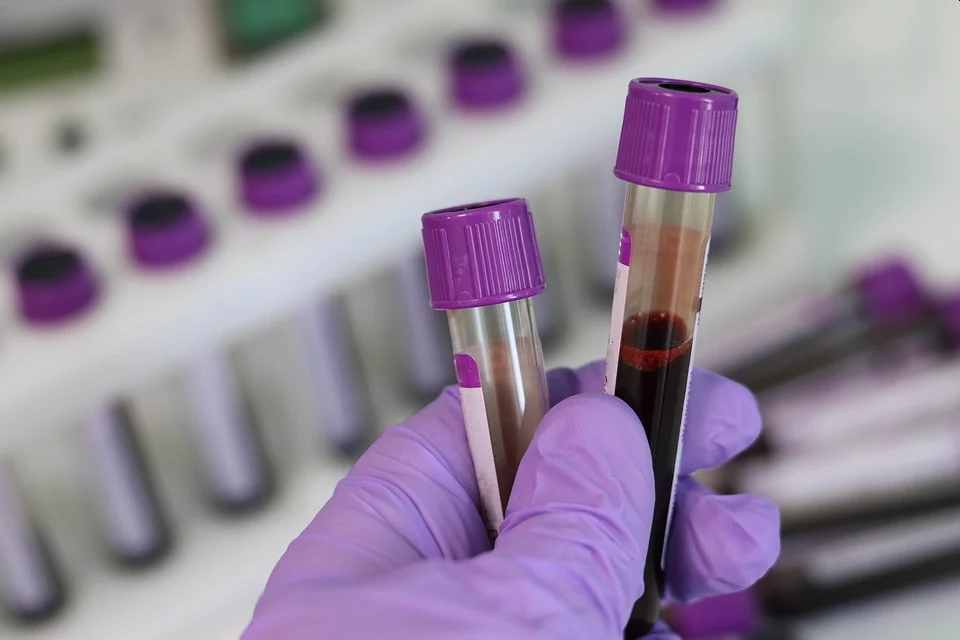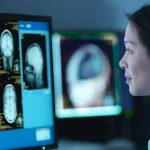How technology is improving global healthcare

Technology has changed our lives in so many amazing ways. Most importantly, it has helped to improve the healthcare industry. Read on to find out how.
The coronavirus pandemic has brought global healthcare to the forefront as people are now realizing just how important this industry is. Fortunately, there has been some incredible innovation in the healthcare sector which has allowed medical practices to cope with the challenges the pandemic has presented, plus improve healthcare overall. This is all thanks to technology. As such, today we are going to be discussing how exactly the tech industry has helped to enhance the quality of global healthcare. Keep reading to find out more.
Biotechnology
Biotechnology is about combining biology and technology to create solutions. In the past, it was predominately used in the agricultural sector to improve crop yields. However, biotechnology is now being applied to healthcare. Currently, scientists are developing a cure for genetic diseases and genome sequencing has been essential in doing so. This process can determine the complete DNA sequence of an organism’s genome at once. Alongside looking at your genetics, genome sequencing can be used to test for drug sensitivity, allergies, and nutritional deficits.
Artificial Intelligence
Artificial intelligence has been hugely beneficial in improving the healthcare industry. For starters, AI has given rise to healthcare analytics, which can be used to examine data from hospitals and medical organizations. By studying this information, we can identify where different issues have arisen and correct them. Artificial intelligence has also helped scientists to fast-track drug development, which is likely why a vaccine for COVID-19 has arrived so quickly. We have also seen AI being used to create bionic limbs. Artificial intelligence in healthcare has mainly been driven forward by philanthropists. For example, thanks to some investments by Tej Kohli, the sector has received millions upon millions worth of funding.

Image Source: Pixabay.com
Virtual Reality & Augmented Reality
Virtual reality and augmented reality are fairly new technologies, but they have a lot of potential for the healthcare industry. For instance, VR simulations are currently being developed to train medical professionals. Trainee surgeons don’t have to practice on real patients anymore – they can be immersed in a photorealistic simulation instead. Meanwhile, AR is being used in tandem with X-ray scans. Doctors can now project their scans onto the patient’s body, highlighting where the problems are.
Healthcare Trackers & Monitors
Wearable technology has become quite fashionable in recent years. It has also become immensely useful for the healthcare industry. This technology is able to track and monitor people’s vitals, such as their heart rate and blood pressure. Doctors can also use wearable technology to track their patient’s sleeping patterns. All these things are immensely helpful when it comes to diagnosing what medical ailment a patient has. Wearable technology is also being used to aid the recovery process. Doctors have even started to prescribe their patients with fitness trackers so they can remotely monitor their vitals.
If it weren’t obvious before, technology has completely revolutionized our global healthcare. Thanks to some amazing innovations, doctors can deliver a higher standard of care to their patients. We can also fast-track the development of cures.

